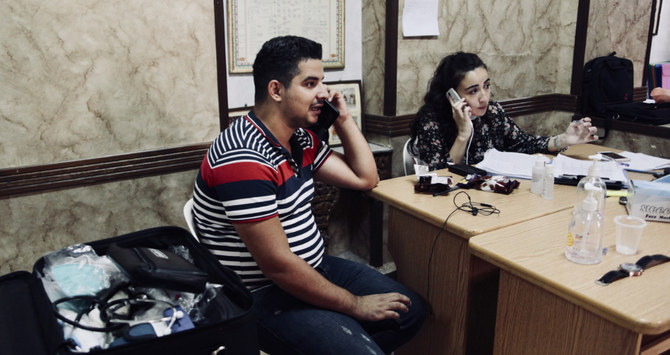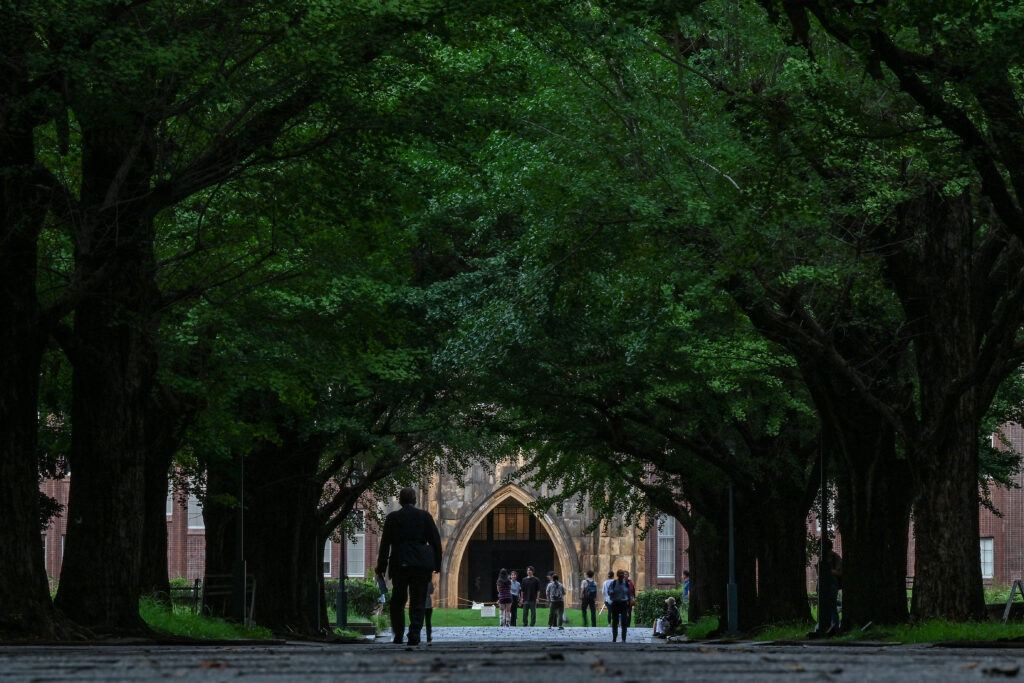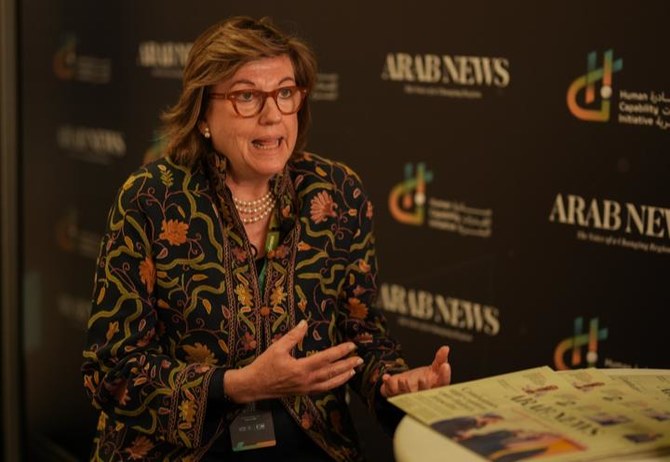DUBAI: An engineering student is spearheading a major campaign to educate people living in Syria on the dangers of the coronavirus disease (COVID-19) pandemic.
Omar Bozo, 24, has been the driving force behind the Akmha (sanitize it) initiative, set up in Damascus in mid-March to raise awareness about the virus and help prevent its spread.
Dedicated teams of students, volunteers, and physicians have been working around the clock to offer vital health services that have attracted more than 240,000 followers on the group’s Facebook page alone.
Bozo moved from Saudi Arabia to Syria in 2014 and is currently studying engineering informatics at the Arab International University, located 32 kilometers from the capital.
The idea of helping his fellow citizens came about when officials announced the closure of schools, universities, and workplaces on March 14.
“We were afraid of the coronavirus and how it was affecting other countries. My friends and I did not have classes or any activities, but we had free time and we said that we could do something,” he said.
The pandemic has hit Syria at a particularly difficult time, with the nation suffering serious economic stress caused by the ongoing internal war that erupted in 2011.
Bozo pointed out that the health system in Damascus was not prepared for COVID-19, a situation that has heaped pressure on already packed hospitals. In addition, a lack of polymerase chain reaction (PCR) testing has led to an inaccurate number of infections.
According to the World Health Organization, as of Aug. 16 there had been 1,593 confirmed cases of COVID-19 and 60 related deaths in Syria. However, analysts believe the numbers are likely to be much higher.
One of the Akmha collective’s first outdoor activities, between March and May, involved heading out onto the streets — especially crowded places such as bus stations — to distribute hand sanitizers to passengers and passersby, place soap and usage instructions at several public water fountains, and disinfect narrow streets in selected neighborhoods.
As well as cleaning family homes, the group recently began a disinfection program at Damascus University. With the new academic year getting underway in September, launching a campaign to curb the spread of COVID-19 in schools was also in the pipeline.
Another of Bozo’s and his colleagues’ goals was to provide much-needed, large oxygen tanks for respiratory support, a target that has remained a challenge due to supply shortages and inflation concerns in the country.
However, thanks to donations from individuals and organizations, the team has been able to secure more than 400 refillable tanks.
A medical team has also been formed, consisting of around 20 hospital doctors who daily volunteer to man emergency phone lines, make home visits, and provide free consultations for people requiring medical assistance.
Operating from a modest center inside an old Arabic courtyard house in Damascus, the dedicated Akmha team has continued to deliver its services throughout Syria despite often being overwhelmed with requests for help.
Over time, the group has gained popularity on social media, and now has more than 240,000 followers active on its Facebook group and page, the latter of which is regularly updated with advice on COVID-19 precautionary measures and the daily activities of on-the-ground teams.
Bozo said that Syrian society was coming to terms with the grim consequences of COVID-19, with people becoming more responsible and cautionary.
“In the beginning, there was denial and conspiracy theories, but the situation has completely changed now. People who were ridiculing the virus grew afraid of it and those who mocked facemasks started wearing them.
“The main reason is because people witnessed this danger in their own homes and of others too,” he added.






















